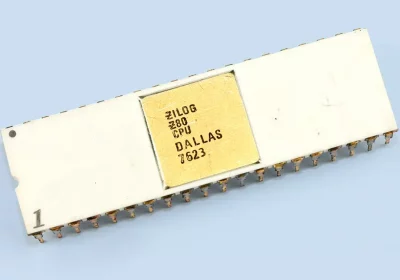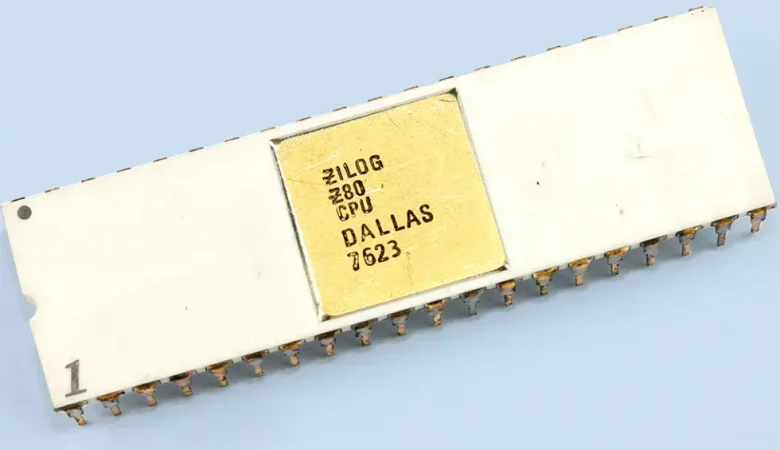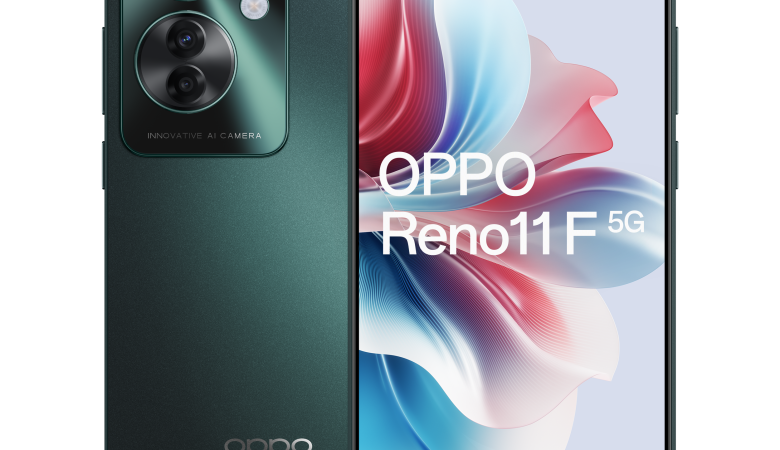
The Twente region will receive a subsidy of 165 million euros over the next six years for the further development of the local chip industry. Among other things, a chip factory with the name New Origin must be built for 70 million euros, at or near the University of Twente.
The money will be released from the government-supported growth funds Quantum Delta, PhotonDelta and Nextgen Hightech , so details the AD. These indirect government funds are used to stimulate innovation projects. The listed funds are all related to chip production, including in the case of Quantum Delta specifically chips for quantum computers. The chip factory New Origin will therefore make so-called light chips based on silicon nitride channels. Such chips are also called light chips and use photons instead of electrons to transfer data in quantum computers.
Professor Guus Rijnders of the University of Twente explains to Tweakers that this niche within the chip industry has been carefully chosen. is. “We looked at a sector with a relatively small size to be able to enter on a smaller scale.” The New Origin factory would not be able to keep up with the regular chip industry, but it must be able to grow with the quantum sector, which is still in its emerging phase. The light chips in question can also be used in lidar systems for the automotive industry, for example.
Rijnders emphasizes that the factory has a boosting function for the region. “We want to make New Origin a private party as soon as possible. The factory has a boost function for the region and must attract other companies and new employees trained at the university.” According to the professor, there is already international attention for the upcoming silicon nitride chip factory, although he cannot say which parties want to use the future foundry.
Currently, various companies from the Twente region are still use the cleanroom of the MESA+ Institute, of which Rijnders is scientific director. This production area, on the other hand, is becoming too small for the wishes of the companies involved. When the new factory is commissioned within the next two to three years, the MESA+ lab can once again be fully used for research projects.









